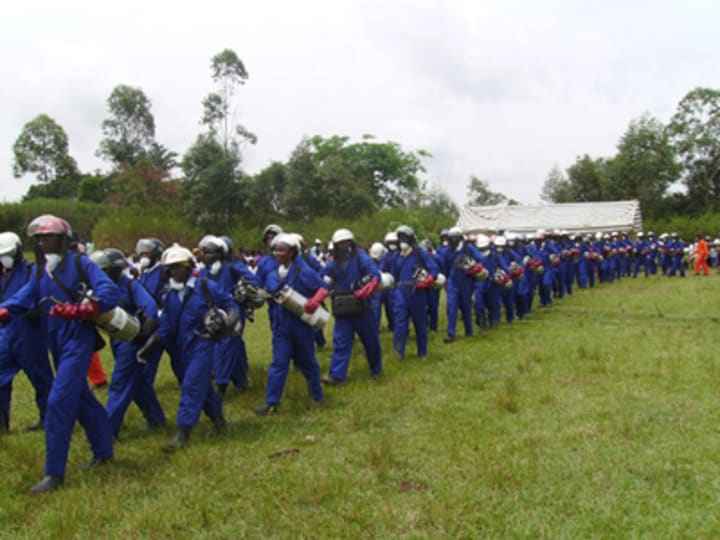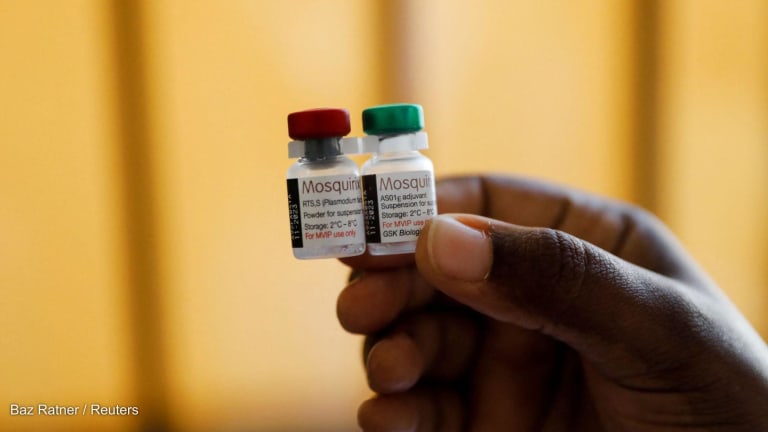
The U.S. President’s Malaria Initiative will review the process and pace of transferring country ownership responsibilities to some of its focus partners.
This is one of the actions PMI will take in response to recommendations made by an external evaluation team the initiative commissioned in May. The recommendations are part of a report evaluating the initiative’s progress in its first five years. The report, released on Tuesday (Feb. 21), also identified key areas for improvement.
PMI was envisioned to run for five years, but was extended with the passage of the Lantos-Hyde Act of 2008. Its goal is to reduce malaria-related deaths by 50 percent in 15 countries through the use of insecticide-treated nets, indoor residual spraying, intermittent preventive treatment for pregnant women and artemisinin-based combination therapies.
Overall, the report said the initiative was “very successful” and has made “substantial progress” in reducing mortality among children under 5. But as with any initiative, challenges exist.
The report said there is a “high-priority need” to clarify interagency leadership roles to improve PMI’s efficiency and effectiveness. PMI is an interagency effort shared by the U.S. Agency for International Development and the U.S. Center for Disease Control and Prevention.
The report also raised concerns on PMI’s strategy for impact evaluation. It said impact evaluation should no longer be centered on all causes of child mortality, but should instead use a range of data sources. Additionally, it recommended PMI to re-evaluate some of its prevention interventions, such as the use of indoor residual spraying. The report said the approach is relatively expensive and covers only a small portion of the at-risk population.
Other key issues raised in the report include PMI’s financial resources and country staff. It said PMI should receive additional funding to prevent the resurgence of malaria around the world, especially when other actors are experiencing constraints in their global malaria response. It also recommended PMI to employ more foreign service nationals to reduce staffing costs and strengthen country ownership. The initiave employs expatriate resident advisers from each of the two agencies and makes extensive use of U.S. contractors and grantees.
Read more:
Read more development aid news online, and subscribe to The Development Newswire to receive top international development headlines from the world’s leading donors, news sources and opinion leaders — emailed to you FREE every business day.




